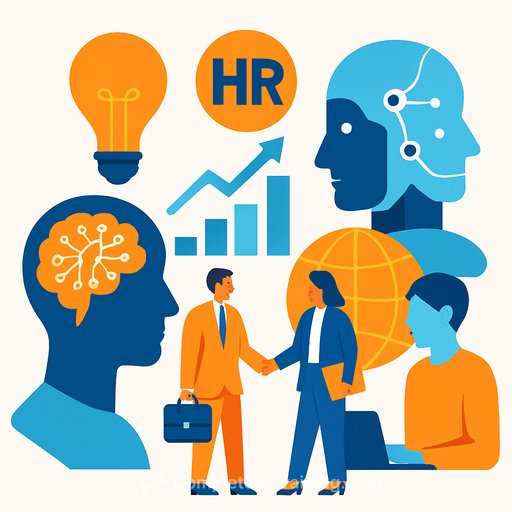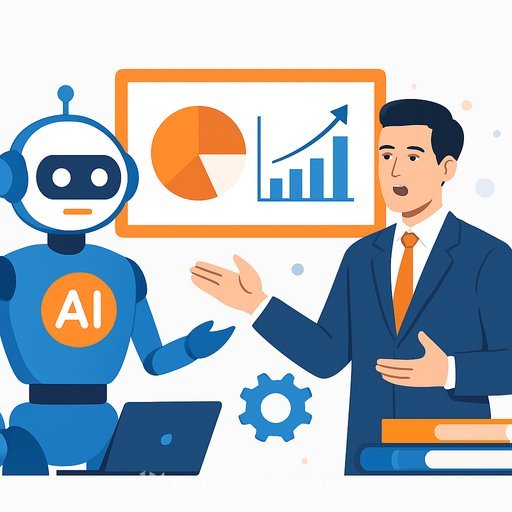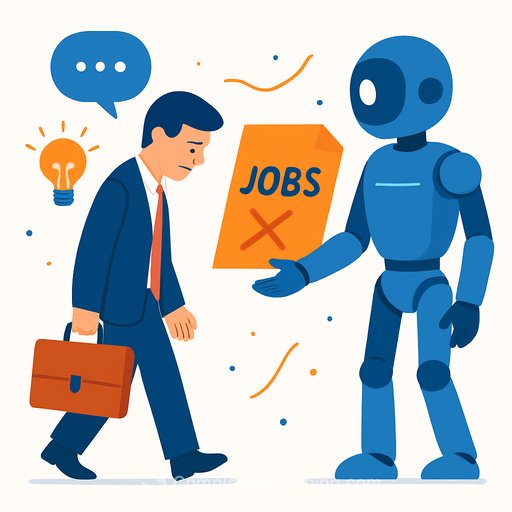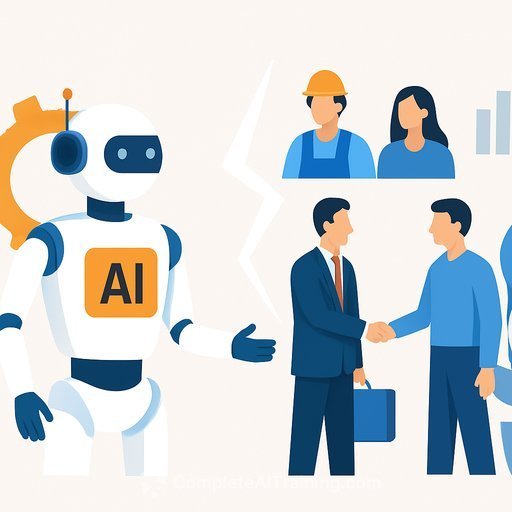Transforming HR Amid Shifts in M&A Activity
The HR sector is undergoing significant change. Demand for fresh talent and advances in HR technology—especially AI, automation, and data analytics—are driving this shift. However, transforming HR operations is far from straightforward. Challenges remain that slow progress and shape the current mergers and acquisitions (M&A) market.
Efforts to improve efficiency have led many companies to adopt streamlined HR processes, cutting down on manual tasks and increasing speed and accuracy. Still, despite clear innovation, the broader M&A environment remains cautious. Geopolitical tensions, tariffs, and economic uncertainty have dampened buying activity and made businesses hesitant to invest heavily in talent acquisition or new HR solutions.
In this context, companies and dealmakers must be strategic about where they focus investments to seize opportunities emerging from this evolving environment.
Innovation Drives HR Operations
Modern organizations rely on a range of HR technologies, including cloud-based software-as-a-service (SaaS), virtual onboarding, remote workforce planning platforms, and AI-powered tools. These solutions help automate routine tasks and deliver data-driven insights that inform strategic decisions.
For example, AI is increasingly used to analyze global pay data, recommend competitive salaries, and optimize cost allocation. A 2025 survey by Korn Ferry found that about 25% of companies use AI to set compensation, with adoption expected to grow. The UK stands out with 42% of employers using AI chatbots or agents for payroll queries, well above the European average.
As organizations update their payroll systems—either internally or through outsourcing—AI adoption will continue. Beyond payroll, AI enhances training and development by creating learning experiences that adapt to individual needs. This personalized approach boosts engagement, accelerates skill growth, and reduces the reliance on costly external courses.
On recruitment, AI reshapes how companies find and hire talent. Research from EY shows that 90% of large UK private-sector firms have integrated AI into recruitment processes. AI tools streamline sourcing, screening, interviewing, and assessments, making hiring faster and more precise. They also help extract key candidate information to guide decisions. However, companies should be cautious not to rely solely on AI, as human judgment remains vital.
Impact on HR M&A Activity
Despite the rise of innovative HR products, this trend has yet to fully translate into increased M&A deals. While demand for advanced HR technology grows, dealmakers face a tough environment shaped by geopolitical risks, tariffs, and economic uncertainty.
Investor confidence remains low, and appetite for new investments has shrunk. Since the introduction of tariffs in recent years, global M&A volume fell 9% in the first half of 2025 compared to 2024. The EMEA region also saw declines in deal volume and value. Many companies have pulled back from transactions, increasing due diligence and compliance efforts.
Strategic Focus in HR M&A
Given these challenges, dealmakers must prioritize strategic investments in areas with clear demand and growth potential. One such area is high-end staffing and talent acquisition. This involves placing highly skilled professionals in specialized roles—an ongoing priority regardless of broader economic conditions.
Firms offering unique HR products that streamline recruitment and placement of advanced talent are becoming attractive targets. Success in this space depends on delivering efficient, timely solutions that meet the specific needs of employers.
Looking Ahead to 2026 and Beyond
Innovation remains key to HR's evolution. The pandemic cemented HR’s importance in supporting remote and hybrid work—a trend that’s here to stay. As AI and automation tools continue to develop, HR functions will grow in influence within organizations and employees’ daily experiences.
Improved economic conditions and renewed investor interest are expected to drive a resurgence in M&A activity next year. Companies that align their strategies with ongoing HR innovation will be well-positioned to benefit from this shift and shape the future of work.
For HR professionals interested in expanding their AI skills and staying ahead, exploring specialized training can be valuable. Resources like Complete AI Training's latest AI courses offer practical ways to deepen expertise in AI applications relevant to HR.
Your membership also unlocks:






